It’s fifty years they tell us since the creation of Utzon’s Opera House and it’s strange to think how this weird abstract sea-creature has come to have a permanent place in the minds not only of Sydneysiders but of the nation as a whole. It’s partly perhaps that Utzon’s design was an appartition waiting to happen as if one of the greatest harbours in the world could only have its appropriate consummation in the Danish architect’s dream of a mighty building that seemed in its dazzling apparitional way to be a thing of nature for all the glory of its conception. And the fact that the interior is imperfectly realised and that Utzon quarrelled with philistine state ministers adds to the piquancy, the element of near tragedy in the realisation. It’s also striking that it was Les Murray, the bard from Bunyah – and the most purely talented poet in Australian history – who said in a moment far from bush solipsism that the creation of the Opera House was the moment when Sydney started to think of itself as a great city.
It’s funny to reflect on the legacy of Robbie Robertson, the presiding genius of The Band, who died last week. Bob Dylan described him once as a mathematical genius with a guitar and it is Robertson and his crew – the rest of them tended to be beautiful-voiced figures who hit the drugs in the highest way and died in middle age – backed Dylan when he made the transition from folk to rock music and it helped to an extraordinary extent that Robbie Robertson (back in the days when The Band were known as The Hawks) was so sumptuously and decisively musicianly.
They became the voice of the sequestered Dylan, the Dylan of the post motor bike accident work which saw the first version – rhapsodic and blending the different traditions of country and rock music – of ‘I Shall be Released’.
It’s easy to wonder if some asinine canceller will have a go at that beautiful Band song ‘The Night They Drove Old Dixie Down’ with its extraordinary elegy for those like Virgil Caine who saw their best hopes or their most desperate ones destroyed with the Confederacy. The Band, including Robertson, were in fact Canadians but it is as if they resurrected lost anthems for a lyrical and elegiac America by inventing them. It’s weird that this should have been done under the aegis of Dylan because the sheer beauty of their musicianship was in contrast to what he did with some of the same material on The Basement Tapes.
Martin Scorsese adored Robertson – he referred to him as ‘one of my closest friends, a constant of my life and work – and had him score a range of his films from that masterpiece Raging Bull on: he did The Irishman and the forthcoming one, The Killers of the Flower Moon. Robert De Niro turns 80 this year – the age at which Robertson died – and this has led to lists of his greatest films which are inclined to seem a long time ago. It’s many years now since Shelley Winters found him acting off-Broadway and said to him, ‘You’re the greatest American actor since Brando. What are you doing here?’ It wasn’t long before he was to be seen in Bertolucci’s 1900 and then in The Godfather Part 2 for which he won best supporting actor for what was only technically a supporting role as the young Don Corleone. But the greatest group of De Niro films are directed by Scorsese. Taxi Driver is the signature piece for the emergent great actor, a performance of riveting splendour and danger. Raging Bull is character acting taken to a new level: De Niro put on masses of weight and presented himself as a doomed and tragic figure of indomitable will. Goodfellas is a quieter performance for De Niro though a superb one and then there is that staggering film The King of Comedy which is one of the blackest comedies ever made and if you can stand the excruciation you’ll recognise it as a masterpiece. De Niro pitted against Jerry Lewis (as a sober comic) is utterly extraordinary. That leaves Heat, the Michael Mann film we looked at again with De Niro, Al Pacino and Val Kilmer. De Niro’s performance has a battle-axe savagery and power and authority.
In recent decades there’s been a fair bit of affable self-parody of the Meet the Fockers variety but it’s impossible to gainsay the unassuagable achievement of the great De Niro films.
Mozart’s The Magic Flute is coming to us again on Met Live, who are giving us a production with a modern setting of this great folk opera which includes all manner of circus tricks from director Simon McBurney, the head of that experimental theatre group Complicité. Somehow The Magic Flute, that most rollicking of Mozart’s operas, will accommodate any manner of fal de rol. It’s hard, of course, to get past the production that Ingmar Bergman did years ago which deliberately simulates a live production by a principle of artifice and never seems too big – as opera so easily can – for the screen. Still, the magic inheres in the music and the way this inevitably shapes the dramatic gesticulation. Die Zauberflöte from McBurney started on 19 August but is bound to run over several weekends at selected cinemas.
It’s good to see that the National Biography Award which was announced last week went to My Tongue is My Own: A Life of Gwen Harwood by Ann-Marie Priest. Gwen Harwood was an utterly uncompromising figure both in her personal life and in her poetry. She was true to her loves and she was true to her art and Ann-Marie Priest gives us the full complexity of the different faces in what seems sometimes to have been a darkly revelatory mirror. It’s interesting to reflect on the swooping cogency of Harwood’s perceptions. She said of that brilliant man James McAuley – the ghost of Ern Malley himself – ‘McAuley had wit without having humour’. She was a woman who could get on with anyone and would discourse on church architecture with such improbable figures as that wild man of poetry, so full of a sense of the rareness of the epiphany, John Forbes.
Got something to add? Join the discussion and comment below.
Get 10 issues for just $10
Subscribe to The Spectator Australia today for the next 10 magazine issues, plus full online access, for just $10.
You might disagree with half of it, but you’ll enjoy reading all of it. Try your first month for free, then just $2 a week for the remainder of your first year.

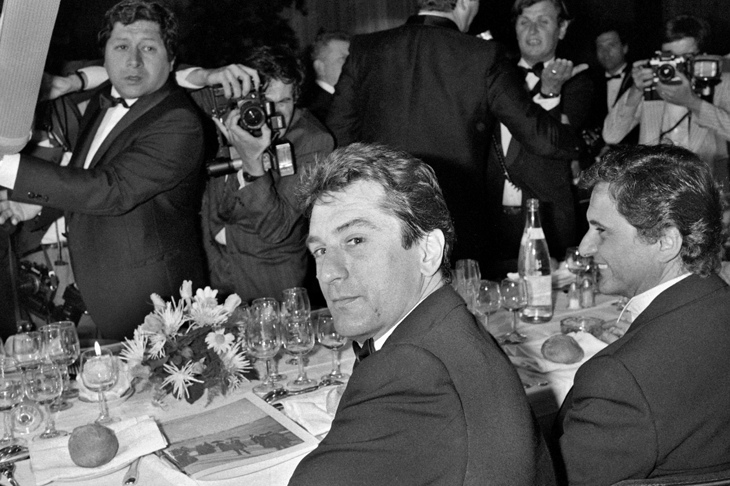
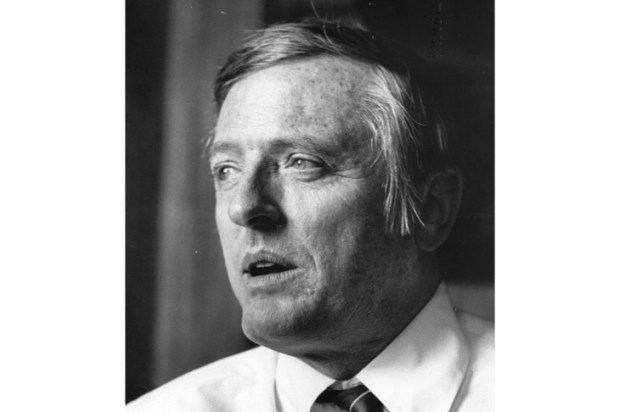
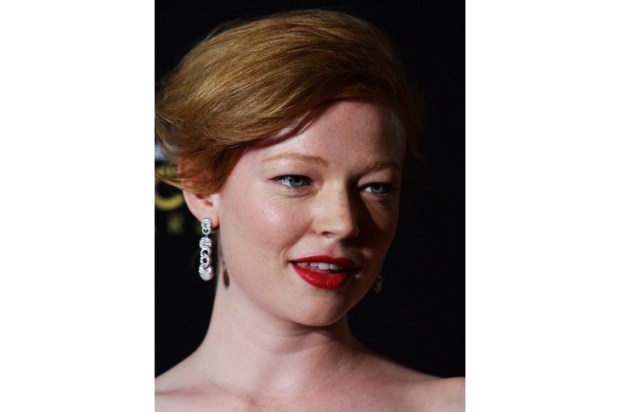
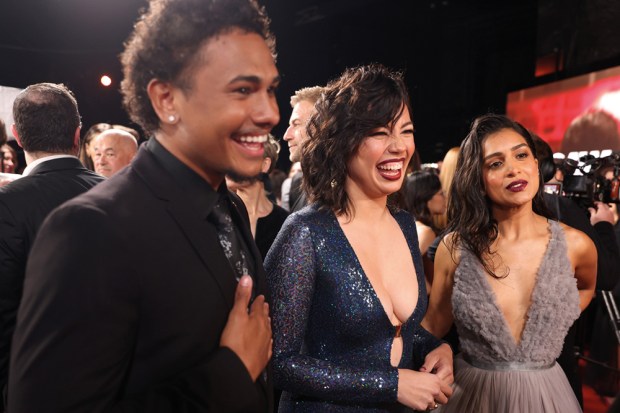
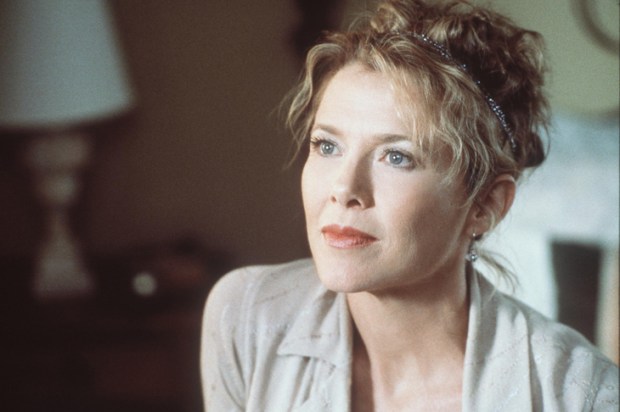
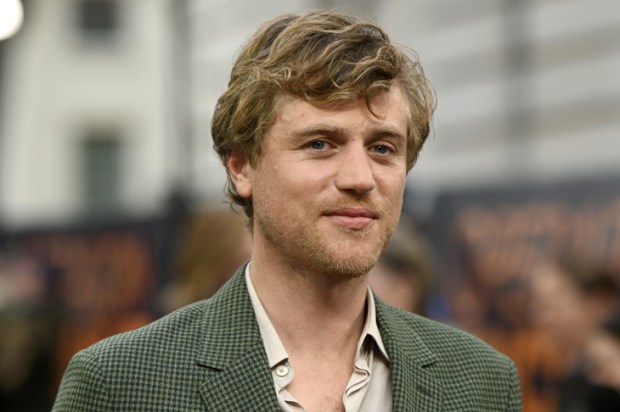
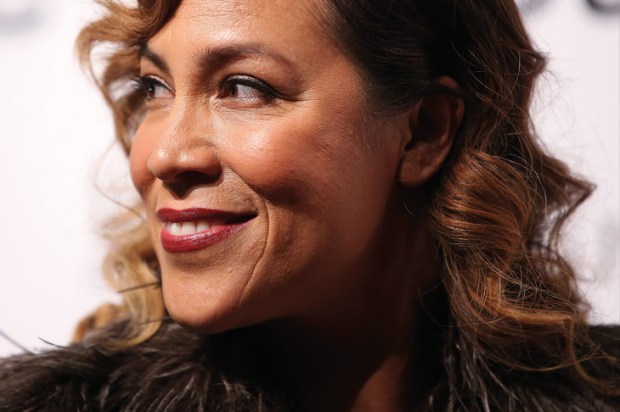






Comments
Don't miss out
Join the conversation with other Spectator Australia readers. Subscribe to leave a comment.
SUBSCRIBEAlready a subscriber? Log in